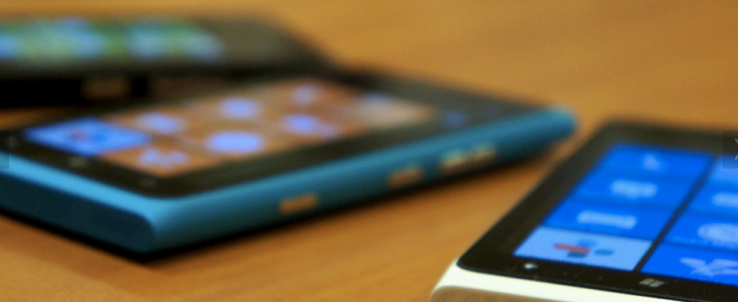This weekend AdDuplex, an advertising platform for Windows applications, announced that according to its tracked data, Windows Phone Update 3 is now installed on 15 percent of Windows Phone 8 handsets.

Microsoft tore the wrapping off of Update 3 — also known as GDR3 — in October, detailing to the media what it would include, and providing notes on its delivery schedule. Developers could get their hands on the code sooner, but the average user, as TechCrunch wrote at the time, would “get the updates between the Fall, and the early parts of 2014. Carrier considerations, testing, and the like will determine when precisely your handset gets the bump.”
To see a mere 15 percent of the Windows Phone 8 pool of handsets have the update as January comes to a close is slightly disappointing. We could, perhaps, see a surge of firmware updates come in the next few months, but it’s safe to say now that the pace of upgrade from firmware announcement to installation on a plurality of devices is a long cycle in the Windows Phone world.
I had no benchmark in mind of how far along Update 3 should have been at any given moment, but I do think that it is reasonable to say that 15 percent after a quarter is a slower uptake pace than we might have hoped for given that the software is free for consumers.
Carriers, presumably, are the sticking point. If Microsoft wants to more quickly move its new code to extant Windows Phone consumers, it will need new strategy. Unless, like with Android, Microsoft is content with fragmentation that will see its user base stratified across versions, hampering developers and not maximizing the strength of its own user experience.
Kicked to the above is the fact that Windows Phone 8.1 is on the way — likely in April. If carriers don’t get out-of-the-way, some users may end up moving to 8.1 before Update 3 trickles down to their handsets.
Top Image Credit: Flickr | Article was originally posted on TechCrunch